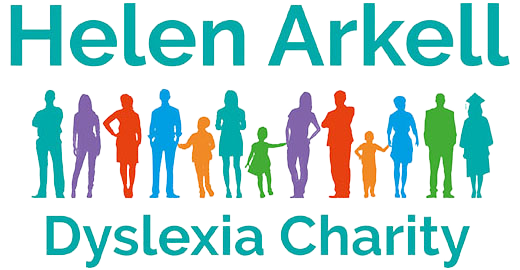Understanding problems with working memory
Here are some ways to help with working memory:
- Explain what the end result of the task will be and why so that the child understands the outcome, eg you need to have warm clothes on to be ready for school.
- Only give one or two instructions at a time, eg please put your socks on, then put your shoes on. In maths, this may mean giving only one part of a sum at a time.
- Present the instructions in the order they are to be followed (so not ‘put your shoes and socks on’).
- If necessary, repeat instructions and ask your child to tell you what they have understood.
- If you can, and especially for a new task, show the child what you mean as well as say it.
- Give them time to process and respond to these instructions, then carry them out, before offering further instructions, eg now get your coat from the hook and put it on.







